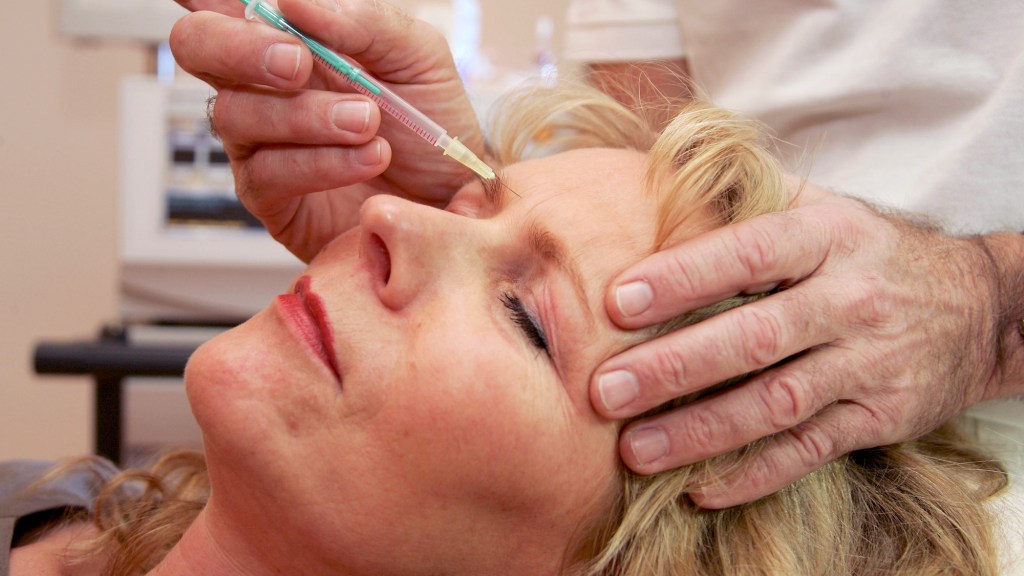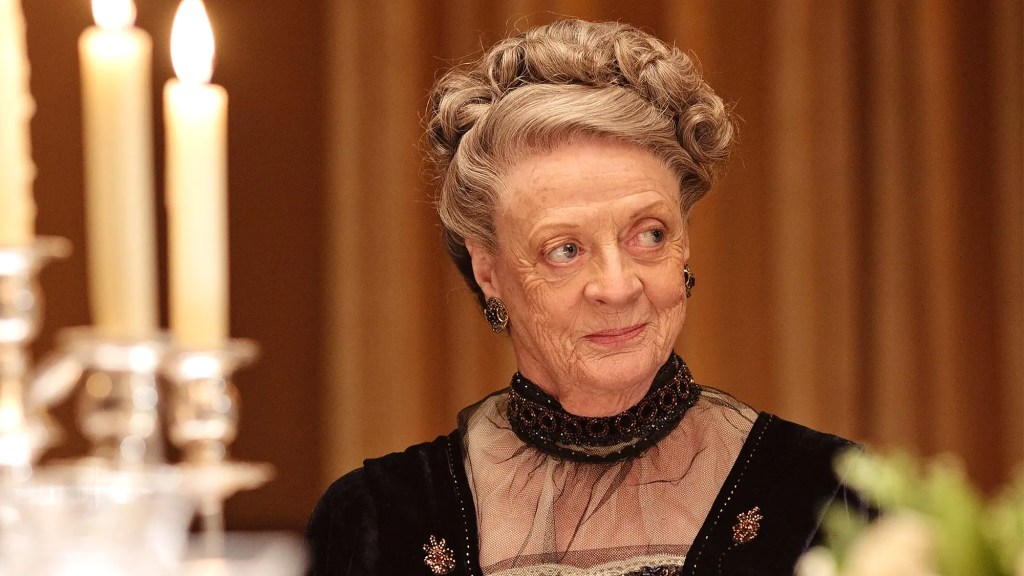When we ignore the lessons learned by previous generations, we do so at our own peril. It is foolish, if not the height of hubris, to believe history has nothing to teach us. In our current age, one in which it can seem the world around us is being upended every day, we may be tempted to believe that what has gone on before is no guide to the future. Nevertheless, the fact remains that those who cannot remember the past are condemned to repeat the Renaissance.
Mark my words, an era of renewed interest in classical scholarship and humanistic values has happened before, and it could happen again.
It’s all too easy to forget a centuries-old period of European history, or to say it bears no relation to us now, but the truth is, there’s nothing to stop a similar movement from once more taking hold and spreading its way across an entire continent over the course of 200 years or more. We must study and learn from our past if we do not wish to wake up one day in a world where masterful artists enjoy the support of wealthy patrons, commerce makes unprecedented advancements, and science undergoes a revolution in which an emphasis on evidence and inductive reasoning changes the way we perceive ourselves in relation to nature.
Unless we take steps to prevent it, a genuine broadening of intellectual and aesthetic horizons could be brought about at any time. Fail to heed historical lessons, and we may face a future in which a new generation of Renaissance men and women walks among us—brazen polymaths who treasure learning for its own sake and will stop at nothing to expand the scope of human knowledge and understanding.
If we don’t remain vigilant, we could end up with another Michelangelo or Galileo on our hands.
In order to avoid a return to that time, we must take a long, hard look at the forces that once delivered Europe from the Dark Ages, and then sound the alarm when our society appears to be going down the same path. We must stay on guard in case large portions of the population begin to place a higher value on secular pursuits and question the orthodoxy of long-held religious beliefs, eventually causing the Roman Catholic Church to lose much of its influence upon daily life.
Prevention starts with education. From a young age, children should be taught about the flourishing of culture that began to coalesce within various Italian city-states in the early 15th century, so that if they see similar trends in their own time, they can be ready to do whatever it takes to put a stop to any widespread innovations in painting, sculpture, science, or philosophy. Otherwise, civilization may once again spiral into a period of sustained progress and enlightenment.
Let this past epoch serve as a cautionary tale. It is wholly within our power to avert the next Renaissance, or at the very least to blunt its momentum before it becomes an all-encompassing cultural phenomenon that sets the stage for centuries to come.
Doing so is our only hope of one day living in an age that more closely resembles the Victorian Era.







